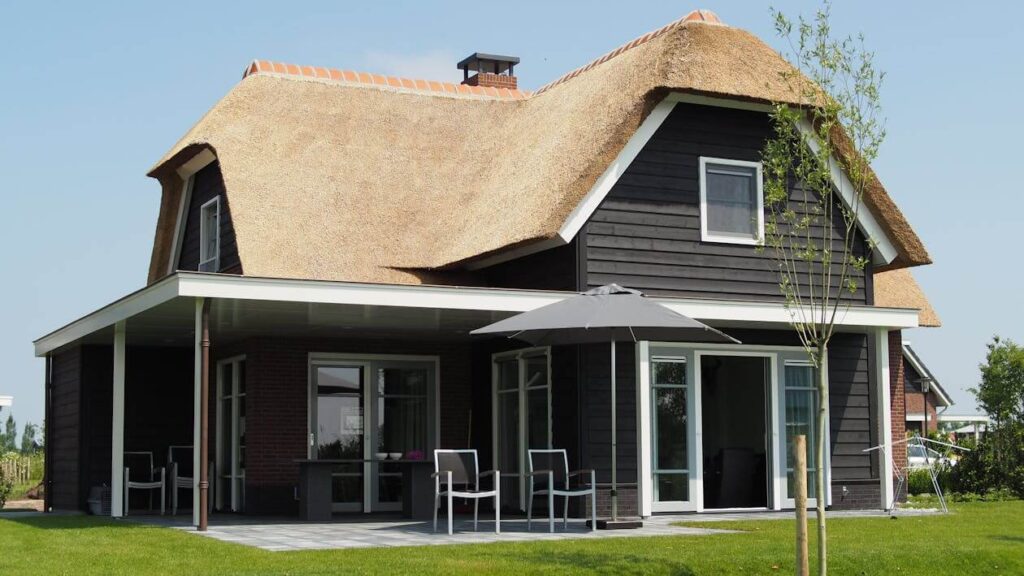Wake County, located in the heart of North Carolina, is not only known for its vibrant cities and diverse communities but also for its dynamic real estate market. Whether you’re considering relocating to the area, investing in property, or simply curious about the housing market trends, understanding Wake County’s real estate landscape is crucial. This comprehensive guide will delve into various aspects of Wake County real estate, including market trends, popular neighborhoods, investment opportunities, and tips for buyers and sellers.
Overview of Wake County
Wake County is situated in the Piedmont region of North Carolina and encompasses several notable cities and towns, including Raleigh (the state capital), Cary, Apex, Wake Forest, and Holly Springs. Known for its strong economy, excellent schools, and quality of life, Wake County attracts a diverse population, ranging from young professionals to families and retirees.
Real Estate Market Trends
A. Market Growth
- Population Growth: Wake County has experienced significant population growth over the past decade, driving demand for housing across various price points.
- Economic Stability: The region benefits from a robust economy, anchored by industries such as technology, healthcare, education, and research.
B. Housing Market Dynamics
- Home Prices: The median home prices in Wake County vary by city and neighborhood but generally reflect the region’s desirability and economic strength.
- Inventory Levels: Like many other parts of the country, Wake County has experienced fluctuations in housing inventory, impacting market conditions such as pricing and competition among buyers.
C. Real Estate Market Segments
- Residential: Single-family homes dominate the market, ranging from affordable suburban homes to luxury estates.
- Commercial: The county also boasts a thriving commercial real estate sector, with office spaces, retail developments, and industrial properties contributing to its economic vitality.
Popular Neighborhoods in Wake County
A. Raleigh
- Downtown: Known for its revitalization efforts, downtown Raleigh offers a mix of historic homes, modern condominiums, and trendy apartments.
- North Raleigh: A suburban area known for its spacious homes, excellent schools, and proximity to shopping and dining.
B. Cary
- Amberly: A master-planned community with parks, trails, and a variety of housing options, including single-family homes and townhouses.
- Preston: Known for its upscale amenities, golf courses, and luxury homes.
C. Apex
- Historic Downtown Apex: Quaint streets lined with historic homes, local shops, and community events.
- Beaver Creek: A growing area with new developments, shopping centers, and proximity to major highways.
D. Wake Forest
- Heritage: A planned community with amenities such as golf courses, swimming pools, and parks.
- Downtown Wake Forest: Offers a blend of historic charm and modern conveniences, including local shops and restaurants.
Investment Opportunities
A. Rental Properties
- Demand: With a growing population and influx of young professionals, rental properties in wake county real estate can offer steady income streams.
- Short-Term Rentals: Areas close to universities, corporate offices, and tourist attractions may appeal to investors looking into vacation rentals.
B. Commercial Real Estate
- Office Spaces: The region’s strong economy supports a thriving commercial real estate market, particularly in areas like Research Triangle Park (RTP).
- Retail Developments: Shopping centers and retail spaces cater to both local residents and visitors.
Tips for Buyers in Wake County
A. Work with a Local Real Estate Agent
- Expertise: A local agent can provide insights into market trends, neighborhoods, and property values.
- Negotiation: Agents can help navigate the competitive market and negotiate on behalf of buyers.
B. Understand Financing Options
- Mortgage Pre-Approval: Getting pre-approved for a mortgage can strengthen your offer and streamline the buying process.
- Down Payment Assistance: Research potential programs or grants that could help with down payments, especially for first-time homebuyers.
C. Research Neighborhoods
- School Districts: Consider the quality of schools, even if you don’t have children, as they can affect property values.
- Amenities: Evaluate proximity to amenities such as parks, shopping centers, and public transportation.
Tips for Sellers in Wake County
A. Prepare Your Home
- Staging: Consider staging your home to highlight its best features and appeal to potential buyers.
- Repairs and Updates: Address any necessary repairs or updates that could enhance your home’s value.
B. Price Competitively
- Market Analysis: Work with your agent to set a competitive price based on recent sales and current market conditions.
- Timing: Timing the sale strategically can impact how quickly your home sells and the offers you receive.
C. Market Your Property
- Online Presence: Utilize professional photography and online listings to attract a broader audience.
- Open Houses: Consider hosting open houses to showcase your home to potential buyers.
Future Trends in Wake County Real Estate
A. Sustainable Development
- Green Building: Growing interest in energy-efficient homes and sustainable practices.
- Smart Homes: Integration of technology for energy management, security, and convenience.
B. Urbanization and Suburban Growth
- Mixed-Use Developments: Increasing popularity of mixed-use communities that combine residential, commercial, and recreational spaces.
- Transportation: Improvements in public transportation infrastructure to accommodate population growth and urbanization.
Conclusion
Wake County offers a diverse and dynamic real estate market, characterized by strong economic fundamentals, desirable neighborhoods, and investment opportunities across residential and commercial sectors. Whether you’re a potential buyer, seller, or investor, understanding the local market trends, neighborhoods, and investment strategies is essential for making informed decisions. By leveraging the expertise of local real estate professionals and staying informed about market developments, you can navigate wake county real estate landscape with confidence and achieve your real estate goals effectively.







